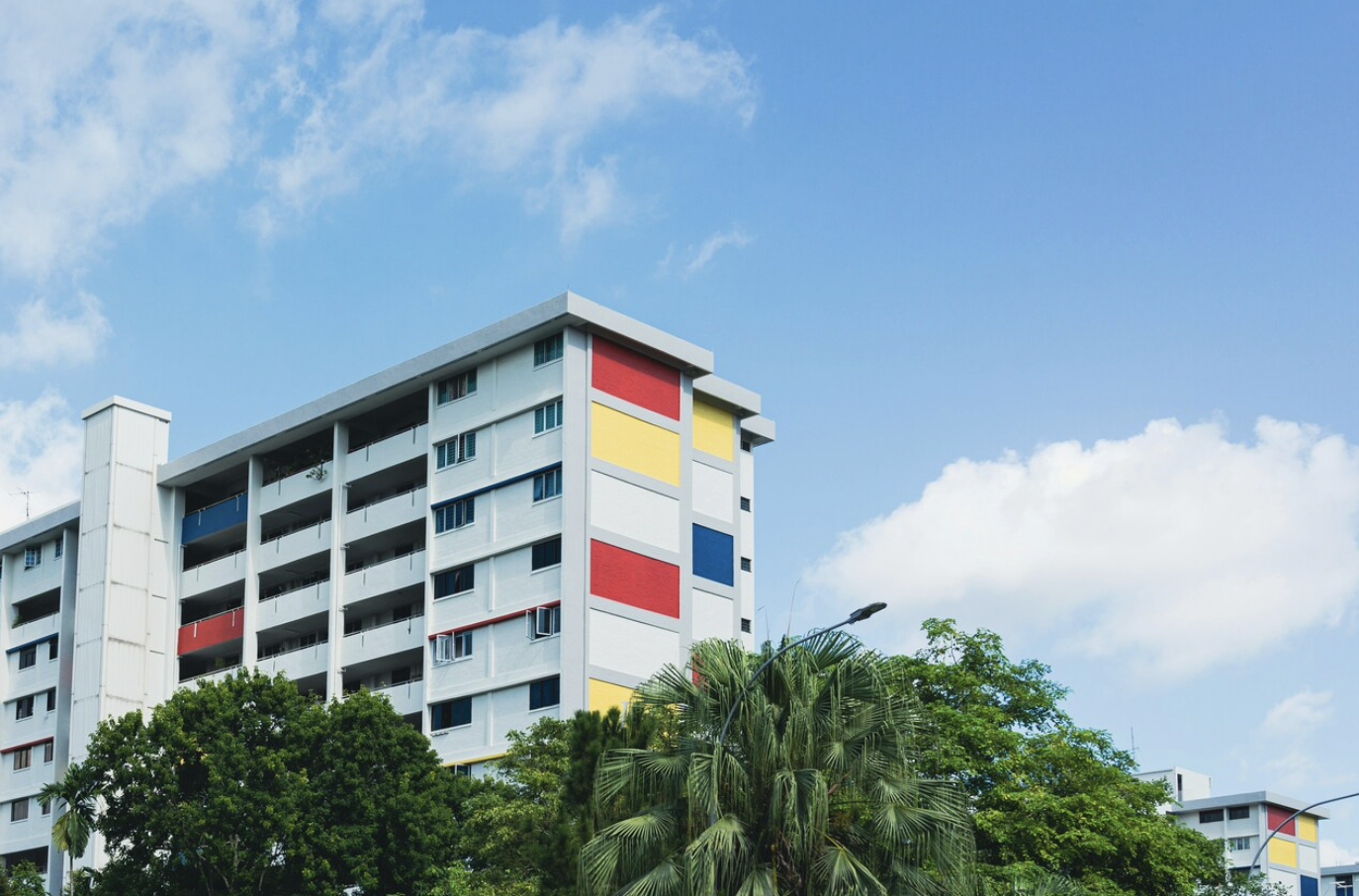Browse through our library of informative resources to stay informed and inspired


Becoming a Singaporean citizen is a final, binding commitment that requires you to formally renounce your original citizenship. Singapore does not permit dual citizenship for naturalized citizens. This decision grants you extensive rights, such as access to subsidized housing and a powerful passport, but also comes with significant obligations, most notably National Service for male citizens. It is a profound legal, financial, and emotional journey that reshapes your identity and future.
This article provides an expert guide to navigating this life-changing decision. We will break down the process, weigh the rights against the responsibilities, and explore the real-world impact of renouncing your birth citizenship.
Before you apply for Singapore citizenship, it’s crucial to understand the nation’s unambiguous policy. For individuals who become citizens through registration or naturalization, the law is clear: you cannot hold another citizenship.
When your application receives its Approval-in-Principle (AIP), you will be given a specific timeframe to renounce your original citizenship. You must provide documentary proof of this renunciation to the Singapore Immigration & Checkpoints Authority (ICA). Only after this step can you proceed to the Singapore Citizenship Registration Ceremony, take the Oath of Renunciation, Allegiance and Loyalty, and receive your pink National Registration Identity Card (NRIC).
Renouncing your citizenship is an irreversible act for most countries. It means severing legal ties with your country of origin. The practical consequences vary significantly depending on your original nationality.
For Malaysians: Renouncing means losing all Malaysian citizenship rights, including Bumiputera status (if applicable) and the ability to own certain properties reserved for citizens. Travelling back to Malaysia will be done on a Singaporean passport, subject to immigration rules for foreigners.
For Indians: While India does not permit dual citizenship, it offers the Overseas Citizen of India (OCI) card. After renouncing Indian citizenship, former citizens can apply for OCI status, which grants them lifelong visa-free travel to India and other benefits, though it is not a second citizenship.
For Chinese Nationals: China enforces a strict single-citizenship policy. Renunciation is a final step with no equivalent “soft landing” program like the OCI. All ties and privileges associated with Chinese citizenship are permanently relinquished.
Losing your original citizenship can impact inheritance laws, property ownership, and your ability to live and work freely in your birth country. It’s a decision with deep personal and logistical consequences that must be carefully considered.
The decision to commit to Singapore comes with a wealth of benefits that significantly enhance your quality of life, security, and global mobility. The difference in privileges between a Permanent Resident (PR) and a Citizen is substantial.
The Coveted Red Passport: The Singapore passport is consistently ranked among the most powerful in the world, offering visa-free or visa-on-arrival access to over 190 countries. This is a major advantage for both business and leisure travel.
Subsidized Housing (HDB): Only citizens can purchase new, highly subsidized flats from the Housing & Development Board (HDB). Citizens also have priority and face fewer restrictions when buying resale HDB flats compared to PRs.
Enhanced Education & Healthcare Subsidies: Citizens receive the highest level of government subsidies for education (from primary school to university) and healthcare services at public hospitals and polyclinics, significantly lowering household costs.
Full Political Rights: As a citizen, you gain the right to vote in elections and have a say in the nation’s governance.
Greater Employment Opportunities: Certain government roles and strategic sectors are open only to Singaporean citizens.

Becoming Singaporean is a two-way street. Alongside the rights come legally mandated responsibilities that you must be prepared to embrace.
This is arguably the most critical consideration for new citizens with male children. Under the Enlistment Act, all able-bodied male Singapore Citizens and Permanent Residents are liable to serve National Service.
Under Singapore’s Enlistment Act, National Service is a mandatory obligation for all able-bodied males who fall into one of two categories:
This means your male children will be liable for NS if they hold either of these statuses. Enlistment typically happens at the age of 18 for a period of about two years. However, deferment may be granted to allow for the completion of studies up to a certain level (e.g., A-Levels or a polytechnic diploma).
Reservist Commitment (ORNS): After completing full-time National Service, the obligation continues with Operationally Ready National Service (ORNS). This phase requires servicemen to participate in annual duties, such as In-Camp Training, to maintain their operational readiness.
While the legal liability to serve lasts until age 40 for other ranks and up to age 50 for officers, the active training cycles usually end much earlier, once a serviceman has fulfilled all their required service obligations.
Why it Matters: NS is a fundamental institution in Singapore, credited with ensuring the nation’s security and fostering social cohesion. For a new citizen family, this represents a significant multi-year commitment.
Other obligations include contributing to the Central Provident Fund (CPF), Singapore’s mandatory social security savings plan, and fulfilling compulsory voting in national elections. Citizens are also expected to respect and uphold the laws and values of the nation.
The transition from a foreigner to a Singaporean involves more than just legal documents. It’s a deep cultural and emotional shift. It means:
Shifting Identity: Accepting Singapore as your one and only home.
Social Integration: Understanding local customs, celebrating national holidays like National Day with genuine pride, and perhaps even mastering Singlish.
Building a Future: Seeing your children grow up as Singaporeans, fully integrated into the education system and society.
This process can be complex, sometimes involving a sense of loss for your old home while building a profound sense of belonging to your new one.

This is not a decision to be taken lightly. Ask yourself these critical questions:
The journey to becoming a Singaporean is one of the most significant decisions you will ever make. It requires careful planning, a deep understanding of the legal requirements, and honest self-reflection. While the rewards are immense, the commitment is absolute.
Are you a Singapore Permanent Resident considering the final step to citizenship? Navigating the complexities of the renunciation and application process can be daunting. Our team of experienced specialists is here to provide you with the expert guidance and clarity you need to make an informed decision.
Contact us today for a confidential consultation to assess your eligibility and map out your journey to becoming a proud Singaporean.
Please share with us some details about your needs, we will get back to you.